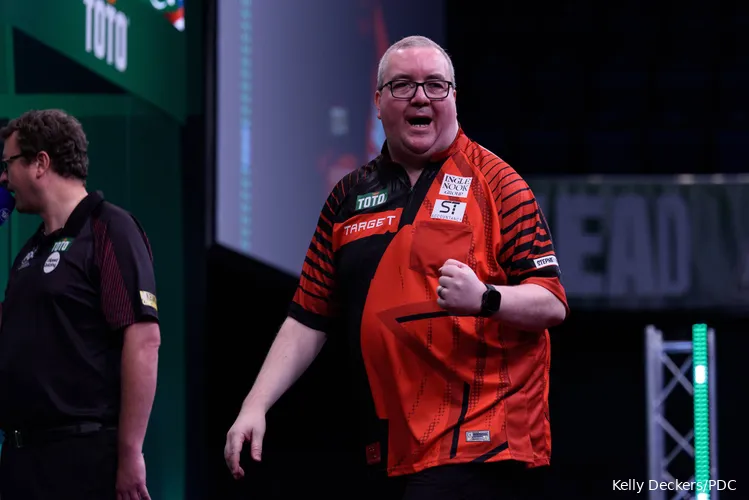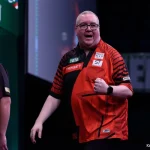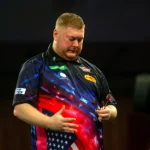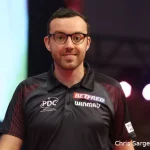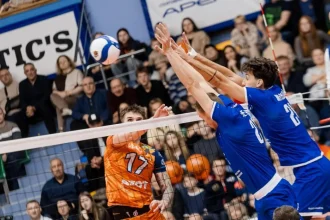Stephen Bunting has delivered a blunt but essential piece of advice to darts players at every level: if you can’t finish on a double, your high scoring means nothing.
Speaking on his official YouTube channel, the former Lakeside world champion urged amateurs and professionals alike to prioritise practising doubles over everything else. “Let me be clear – for beginners especially – doubles are the most important part of the game,” said Bunting. “You can hit all the 180s you want, but if you can’t finish, it’s pointless.”
Now 39 and enjoying a career resurgence on the PDC tour through 2024 and 2025, Bunting stressed the importance of repetition and tracking progress during practice. “Throw as many darts at doubles as you can. Record how many you hit, then try to beat that number. Over time, your accuracy will improve.”
Inside a Pro’s Practice Routine
Bunting gave fans a glimpse into his own daily training, which starts with intense focus on his two favourite finishes: tops and double 16.
“At the start of every session, I throw 15 darts at double 16 and 15 at tops. If I’m not happy with my numbers, I’ll go again. And don’t forget – bullseye counts too. I always throw 15 darts at that as well.”
He also explained how crucial the first dart is in setting up a clean finish. “If your first dart blocks the bed, you’re in trouble. Sometimes you need to adjust – throw harder or change your angle. You don’t want to go inside the double and have to switch – that just makes life harder.”
What’s a Good Doubles Percentage?
With televised PDC matches now closely tracking doubles stats – from checkout percentages to missed darts – Bunting offered a realistic benchmark.
“Hitting 50% on doubles is a solid standard. For beginners, even one in 15 is good to start. Just keep working to improve. The more you throw, the better you’ll get.”
Killer Drill: Round the Board
Among Bunting’s go-to drills is the classic “round the board” exercise – hitting each double from 1 to 20 in order, finishing on the bull.
“For pros, the challenge is doing it in the fewest darts possible. For new players, just keep throwing until you hit each double. You can add pressure too – miss one, go back a number. It’s a great way to test your focus.”
Even Bunting admits the drill is tough. “When I rushed it, I got out of breath and missed more. So, take your time. Deep breaths, stay calm, and your accuracy will follow.”
Control the Tempo
Lastly, Bunting warned players not to let opponents disrupt their rhythm. “Whether you’re playing someone fast like Ricky Evans or a slower player, don’t let their pace throw you off. Take a breath, sip some water – reset. Play at your own tempo.”
The Bottom Line
For Bunting, the key message is simple: relentless doubles practice, tracking improvement, and staying mentally composed are what separate good players from great ones. “If you can’t hit a double, your scoring doesn’t count,” he said. “It really is that simple.”


